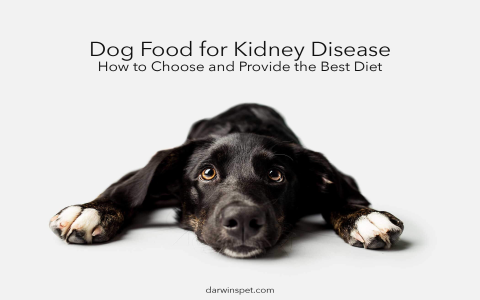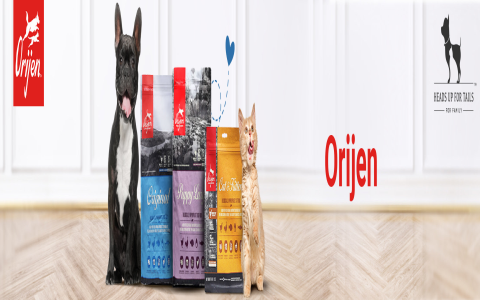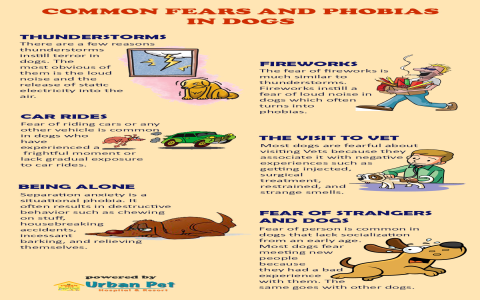Hills kd Dog Food Alternatives: What to Look For, Simple Guide.
Okay, so my dog, Max, he's been on Hill's Prescription Diet k/d for his kidneys, and, well, let's just say it's getting pricey. Plus, I started wondering if there might be other, maybe even better, options out there. So, I decided to do some digging and experiment a little (with my vet's okay, of course!).

My Deep Dive into Dog Food
First, I scoured the internet. I read tons of articles, forum posts, and reviews. I wanted to know what other people were using for their dogs with kidney issues. It was a bit overwhelming, to be honest, so much info!
I learned that the key things in a kidney-friendly diet are:
- Lower Protein: Not super low, but lower than regular dog food.
- Low Phosphorus: This is super important.
- Low Sodium: Also important for kidney health.
- Added Omega-3 Fatty Acids: Good for overall health and can help the kidneys.
The Experiment Begins
After my research, I talked to my vet. I didn't want to just switch Max's food without checking. We discussed some potential alternatives, focusing on brands that had specific formulas for kidney support. Don't do this yourself, always do with your vet's advice.
I started by slowly introducing the new food, mixing it with the k/d. Max is a picky eater (he's a bit spoiled, I admit), so I had to do it gradually. I watched him closely for any changes – his energy levels, his bathroom habits, everything.
The Results (So Far!)
It is not a one-day work, you need to try and observe.
It's still early days, but I've seen some positive changes. Max seems to be enjoying the new food, and his last checkup showed his kidney values were stable. I'm still monitoring him, and we'll keep adjusting as needed. It's a process, but I'm feeling good about exploring alternatives to the k/d.
The big takeaway? Don't be afraid to do your research and talk to your vet. There might be options out there that work just as well, or even better, for your furry friend (and your wallet!).







